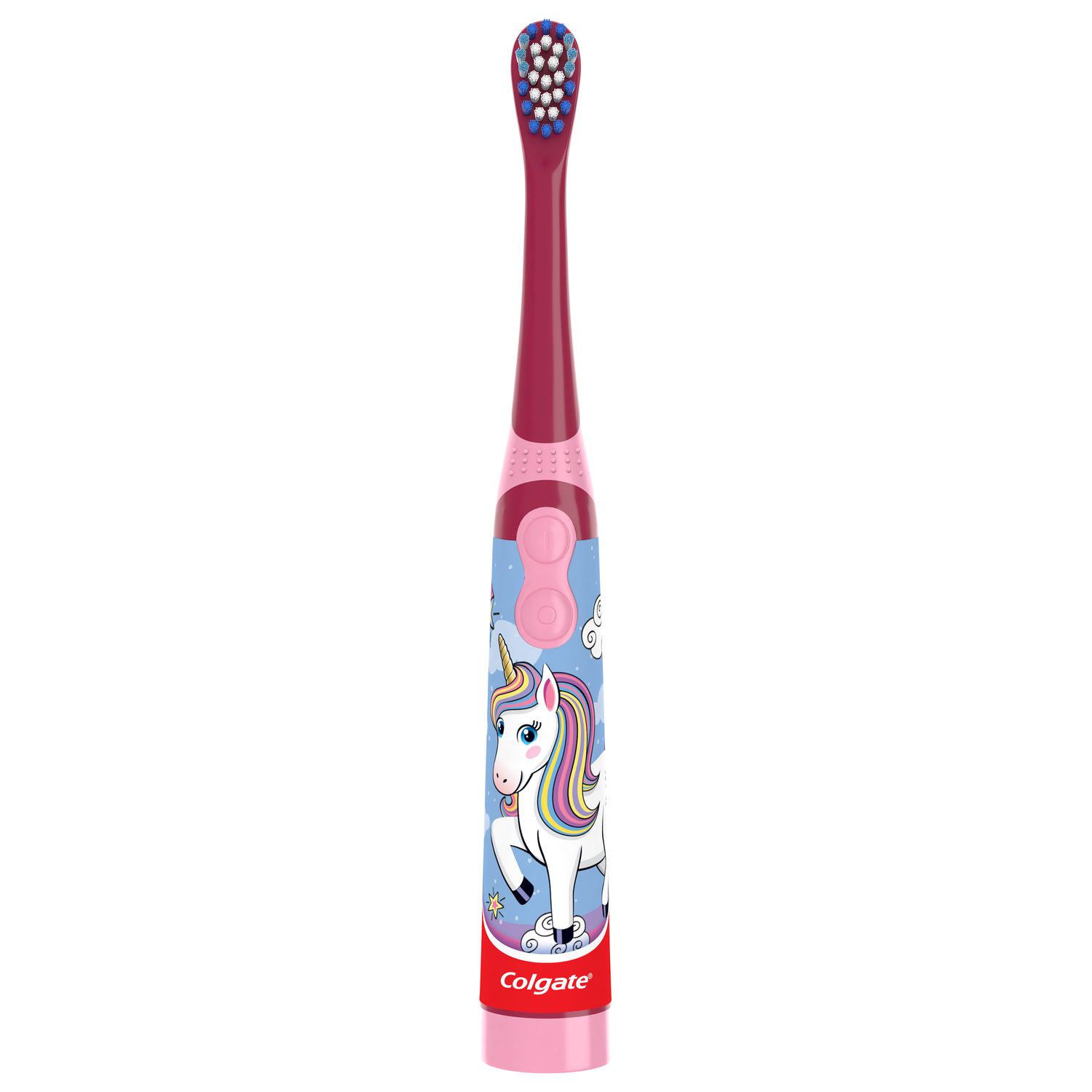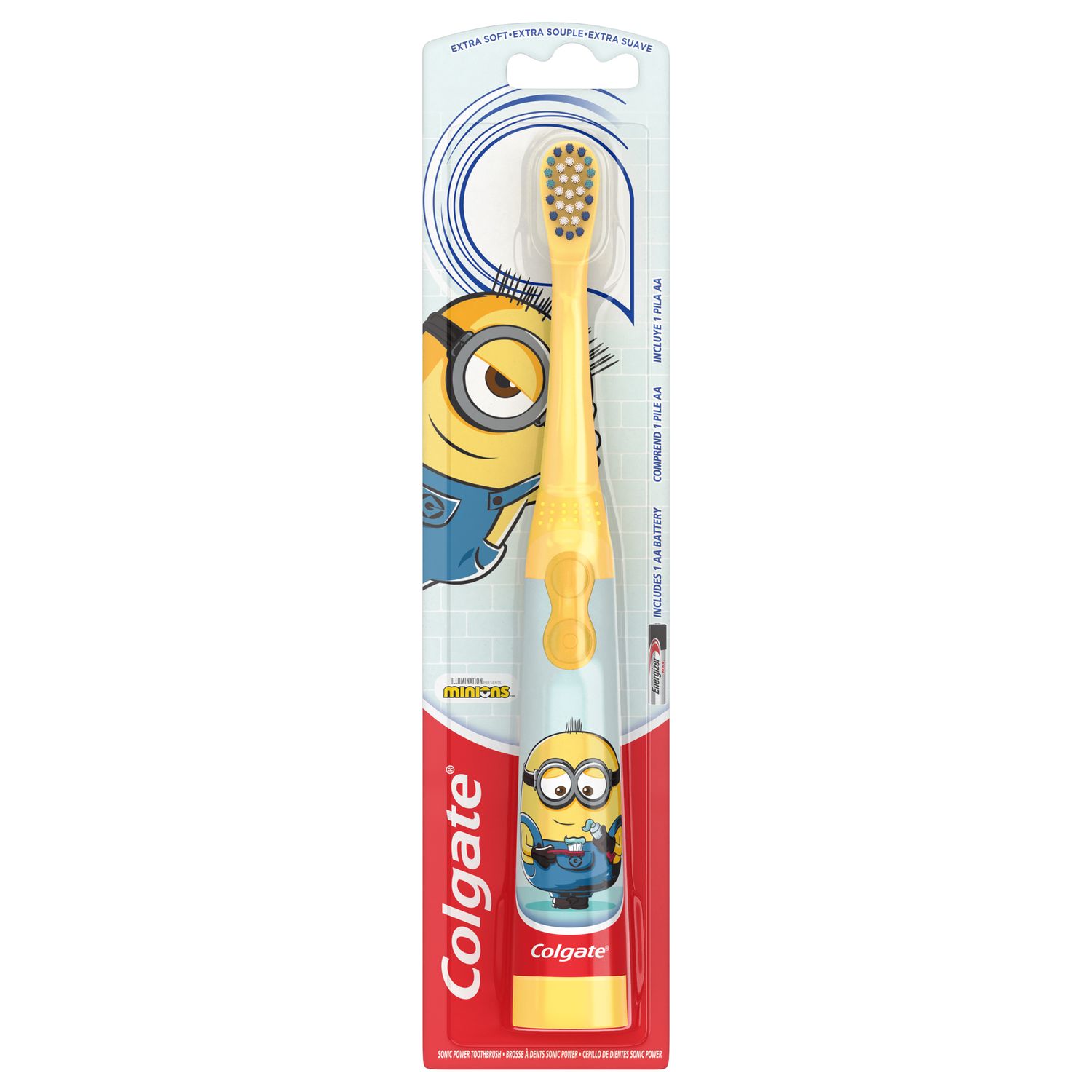Teething Signs and Symptoms
If your baby suddenly struggles with sleeping through the night, they could be teething. Besides sleepless nights, other clues will let you know for sure, including:
- Crankiness
- Drooling
- Decreased appetite
- Rubbing gums
Although fever and diarrhea are often considered teething symptoms, they are not typical teething signs. And you should contact your pediatrician if your baby is experiencing either.
Teething and Sleep Remedies
Teething doesn't have to be a sentence of sleepless nights followed by exhausting days. If you can get your baby to sleep by alleviating the pain, then that clears the path for you to get some valuable shut-eye. Here are some great tools to ease your baby's discomfort:
- Teether devices. Most of them come in some form of a toy or ring and can be frozen. The cold sensation can ease your baby's gum pain and allow them to get some valuable sleep.
- Medicine. Ibuprofen and Tylenol can lessen your baby's discomfort. Consult with your child's pediatrician before resorting to a pain reliever.
- Relax your baby. A warm bath or rocking them to sleep can both ease their discomfort and get them to lull off to sleep.
According to The U.S. Food and Drug Administration (FDA), one thing to avoid is the use of numbing compounds containing topical benzocaine. They have been shown to causes severe problems in children less than two years of age.
Caring for Baby Teeth
Ideally, the oral care habits you instill in your children will last into adulthood. And the cool part is that you can start taking care of your baby's teeth before they even come in. Here's how:
- Using a clean washcloth, gently clean your baby's gums.
- Once the teeth come in, brush with an infant toothbrush using a tiny bit of toothpaste and water.
- When your baby's teeth start to touch, it's time to start flossing their teeth.
It's also essential that your baby sees a dentist. At about the age of one, take your baby to a pediatric dentist or family dentist. Ask your friends who they see, or you can use the ADA site to locate the right pediatric dentist near you.
Now you know all about teething and sleeping and what to do if your baby's teething affects their sleep. It's important and helpful to know that teething can cause sleepiness in your baby. The first thing to do is to make sure that their sleeplessness is teething and not something else. So check on the other symptoms of teething. If they are dealing with teething, there are plenty of ways to support your baby, including teether devices, medicine, and other relaxation techniques. The good thing is that you're now in the know about teething and sleep so that you can get yourself and your baby some much needed rest.
Oral Care Center articles are reviewed by an oral health medical professional. This information is for educational purposes only. This content is not intended to be a substitute for professional medical advice, diagnosis or treatment. Always seek the advice of your dentist, physician or other qualified healthcare provider.
ORAL HEALTH QUIZ
What's behind your smile?
Take our Oral Health assessment to get the most from your oral care routine
ORAL HEALTH QUIZ
What's behind your smile?
Take our Oral Health assessment to get the most from your oral care routine















